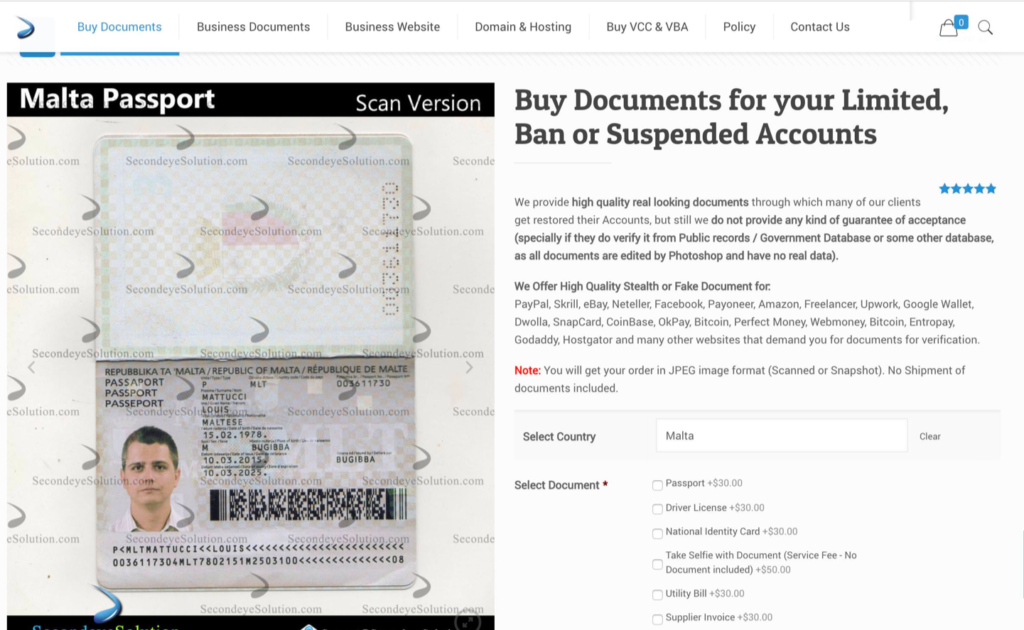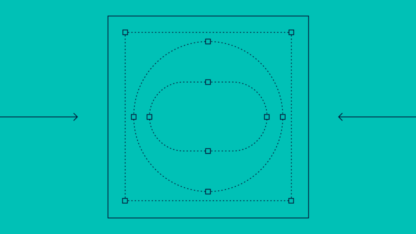What Is Proof of Address?
A formal, legally defined way to verify a customer, proof of address is key for companies looking to verify people’s identities and comply with their KYC and AML obligations.
Proof of address is a commonly used part of IDV – identity verification. In fact, it’s one of the three key components of the KYC onboarding process alongside date of birth and first and last name.
Companies often request proof of address to protect themselves from fraud and money laundering fines. In some cases, confirming a customer’s address may be a mandatory legal requirement though in others, it’s a choice.
What Counts as Proof of Address?
Exact proof of address requirements can vary considerably, depending on the company, sector and country. As a general rule, organizations tend to request documents that are difficult to falsify or obtain dishonestly.
Typical proof of address documents include:
- government-issued documents such as driving licenses and residence permits
- utility bills
- landline phone bills
- bank or mortgage statements
- leases or tenancy agreements
Financial institutions and other organizations that request proof of address usually publicize comprehensive lists of documents they accept. For example, Barclays Bank in the UK asks for driving licenses, bank statements, credit card statements or utility bills.
Citibank in the US focuses on government-issued documents but requires additional paperwork such as utility bills or lease agreements if a customer’s address differs from that shown on their government ID.
Proof of address documents must be up to date to be considered valid, something Revolut describes as a “period of relevance”. For example, in the case of bank statements, companies usually ask for something dated within the previous three months.
How Do You Prove Your Address?
People usually prove their address by supplying one or more official documents that list both their full name and address of residence – such as a utility bill or government correspondence addressed to them.
In the past, proof of address verification was largely a paper-based process. People would send off copies of documents or take the originals to a bank branch, for example. In some sectors and countries, a paper-based approach remains stubbornly prevalent.
However, the world is increasingly moving towards digital identity verification and e-KYC. It’s an industry projected to be worth $16.7 billion a year by 2026, according to Juniper Research.
Both approaches have their pros and cons. As fintech startups know very well, the ability to complete an ID check without leaving the house can appeal to customers and reduce friction and irritation when completing transactions and digital onboarding processes. This is something legacy banks have had to address as well, by going digital.
Of course, it’s not impossible to forge documents on either side of this – and forging digitally tends to be easier. For added security, some companies insist on examining and verifying the physical document – or may be forced to do so for compliance reasons.

Who Requires Proof of Address and Why?
All sorts of companies and institutions require proof of address to sign up and serve customers. Depending on the customer and company’s location, proof of address can be needed for everything from opening a bank account to withdrawing funds from an online casino.
Verifying proof of address as part of KYC is often a legal requirement, and this doesn’t only impact financial institutions. Many companies operate in areas where fraud, money laundering and identity theft are widespread.
For example, betting sites, currency exchanges and cryptocurrency companies are all subject to KYC legislation. Some are also required to conform with ongoing Customer Due Diligence (CDD) procedures, all because money laundering is a concern, as are adjacent issues.
How Do You Verify Proof of Address?
Broadly speaking, companies required to complete proof of address checks have two options: online and offline (paper-based) checks. The cost of a full KYC check can range from $13 to $130 or more, and the methods chosen clearly impact the cost.
Online checks can also involve verifying against centralized databases, such as those operated by governments and credit reference agencies. Digital checks can also encompass video calls where customers are required to appear on camera showing their documents, or processes where people submit selfies alongside digital uploads.
A hybrid approach is also a possibility and can incorporate pre-KYC techniques. These involve using diverse methods such as the passive identity verification technique called digital footprint analysis – which performs frictionless due diligence on customers by checking data linked to their email address and phone number. A major benefit is that this happens in the background, without slowing down onboarding for the customer.
From the results of such a check, companies can ascertain if they’re happy to proceed with a customer, or whether they need to perform additional identity verification using either digital or paper-based methods.
Even when full IDV is mandated by law, pre-KYC checks will help weed out obvious fraudsters, saving the organization the money it would take to verify these fraudsters’ documentation – which would either result in rejection, thus wasting money on expensive individual checks bound to fail or worse: let in a fraudster onto your systems.
Why Is a Customer’s Address Important?
A customer’s address is a key piece of the jigsaw when confirming identities, identity proofing and preventing fraud. For example, when somebody applies for a loan or bank account with an address that doesn’t match official documents, this should raise a red flag.
Of course, it does not matter whether the individual owns or rents their home. They will have some type of documentation available regardless.
There’s a solid reason why in an increasingly digital world, important information such as bank PINs and passports are only sent to people’s home addresses. It’s easy to falsify documents, obtain personal information on the dark web, intercept digital communications, and even fraudulently apply for things online. It’s far more difficult to infiltrate a physical address.
Beyond this, ensuring that someone indeed lives at the address where they say they do allows organizations to confirm their eligibility to access certain products and services. For example, a competition might only be available to residents of a specific city, or an investment product could only be available to those who live in a certain country.
This is why proof of address documents are usually things that people can only produce if they have physical access to their home.
See how SEON’s digital onboarding tools let you ID-proof customers to save money and make good users’ onboarding experience more pleasant.
Ask an Expert








